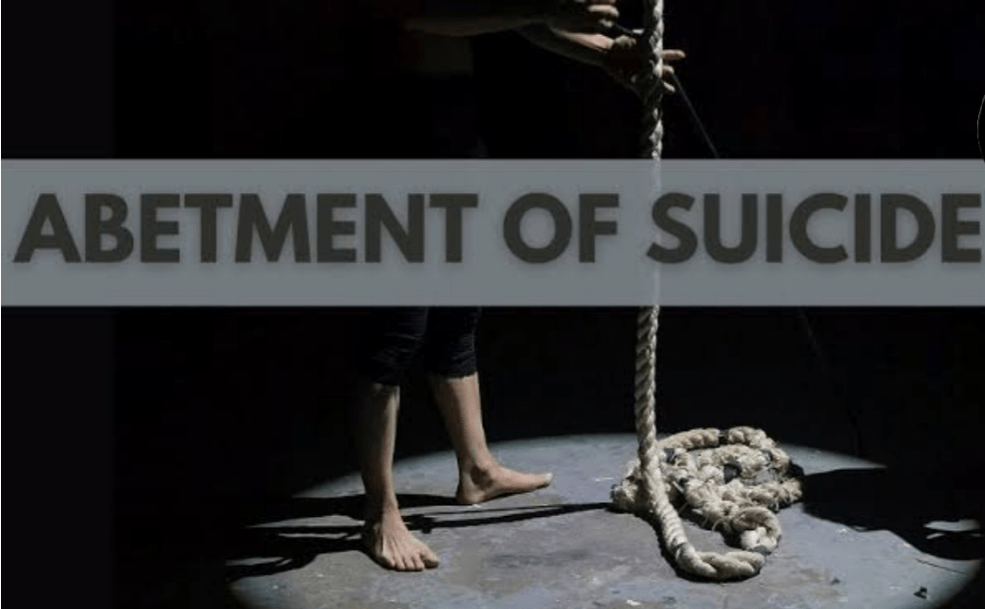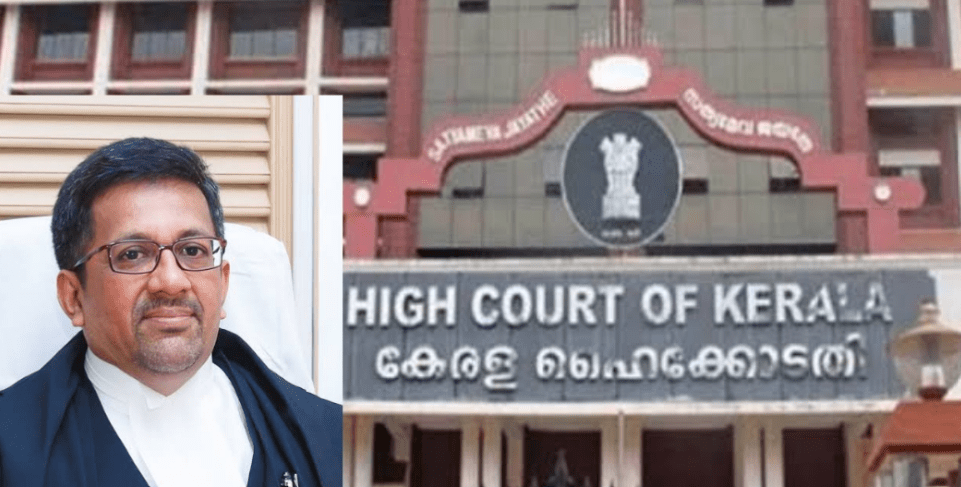The Kerala High Court recently clarified that being found guilty under Section 498A of the Indian Penal Code (IPC) for cruelty does not automatically imply guilt under Section 306 IPC, which pertains to abetment of suicide. The court was hearing an appeal involving a man and his mother accused of causing a woman’s suicide due to alleged dowry harassment.
Case Background
The appellants were charged with dowry death under Section 304B, abetment of suicide under Section 306, and common intention under Section 34 IPC. A Sessions Court convicted and sentenced both individuals, leading to the appeal before the High Court.
Court’s Observation
The court highlighted that cruelty under Section 498A IPC could, in specific circumstances, lead to an abetment of suicide if it is proven that the cruelty left the victim with no other option. However, the court made it clear that:
“Merely being convicted under Section 498A IPC does not necessarily mean that the accused is guilty of abetting suicide under Section 306 IPC unless independent evidence establishes such abetment.”
The court also discussed the reverse burden of proof under Sections 113A and 113B of the Indian Evidence Act, applicable to offenses under Sections 306 and 304B IPC, respectively.
Case Details
Husband’s Conviction:
The court upheld the husband’s conviction under Section 304B, stating that the prosecution had successfully demonstrated the following:
- The woman’s death occurred under unnatural circumstances within seven years of marriage.
- The woman was subjected to cruelty or harassment shortly before her death.
- The harassment was related to demands for dowry.
Mother’s Acquittal:
The court acquitted the mother, ruling that the prosecution failed to establish her involvement in the alleged offenses.
Precedent and Context
The court referred to the Supreme Court’s ruling in Noor Aga v. State of Punjab and Another, which discusses the concept of reverse burden in cases under the Narcotic Drugs and Psychotropic Substances Act.
Ultimately, the Kerala High Court maintained the husband’s conviction while acquitting the mother due to insufficient evidence.
Be a part our social media community:
Facebook: https://www.facebook.com/IndianMan.in?mibextid=ZbWKwL
Instagram:
https://www.instagram.com/indianman.in?igsh=MWZ2N3N0ZmpwM3l3cw==




